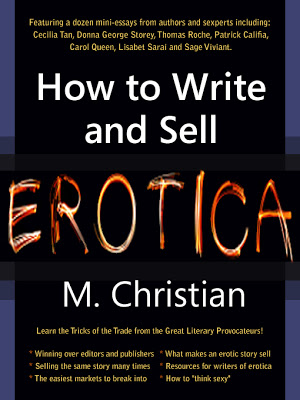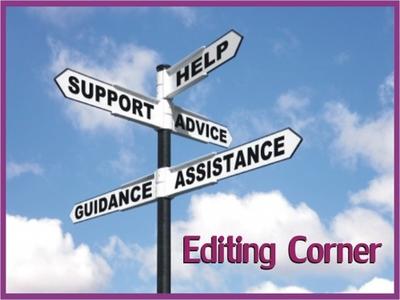THE HARD PART
Thinking of a story isn’t usually the hard part. Sometimes the plot doesn’t work, or it’s too much like everything else I’ve ever read or seen on the big or small screen.
But other times it just works. On those occasions, I can see the story and visualize it as a series of scenes. Parts of it are so clear they feel as though they were written right in the forefront of my mind. I know it’s going to be good. That’s wondrous.
Writing the story can be challenging, but it’s not really hard. There are times when it’s not what I’ve seen in my head, and it just falls apart: the words fail, the descriptions are tired, the great plot in my mind turns to crap on the page … but then occasionally something else pops up, and something that was almost too small to notice in the original story flares up into a brilliance (if I do say so myself).
Don’t ask me the secret, because I don’t know it. Not everything I write is great and not everything is garbage. If there is a literary legerdemain, it might be that you just have to write ten pieces of crud to produce one priceless jewel. That’s a lot of crud, but when you hold that jewel in your hand and know that you made it, the feeling is indescribable. That’s why it’s possible to keep writing, even when so many of the stories turn out to be awful: you know that if you keep working, one of them could be the special one. But that’s not the hard part.
Polishing and re-writing can be a bitch, but that’s not the hard part either. Sometimes it’s quick and easy: my copy editor can’t find any mistakes, my spell checker breezes through the thing without a beep or a hiccup, or maybe something better pops into my mind for a scene. Then there are times when I kick the tires and the engine falls out: I show it to a pal and that wonderful plot device bores him stiff. Beautiful writing suddenly reads clunky and overblown or just flat and lifeless. Sometimes I read it again and realize that what I thought was a jewel is a mud pie. But that’s not the hard part, because I can put the story in a drawer and forget about it, or try again.
Finding a place to send a story can be hard, but it’s not the most trying part of the job. There are times I work to spec: a call for submissions flashes across my attention, and—bang—the story gets written and sent out. Other times I work just because I want to. These are often great stories, but selling them can be a stone cold bitch. Maybe there’s not enough sex, or maybe there’s too much; maybe there’s too much fantasy/science fiction/horror, or most often, not enough. So the story gets stuck in a drawer somewhere, and next time when one of those calls for submissions comes out, the story goes. Sometimes, they never find a home. Orphaned and unwanted, they sit in my various machines and gather digital dust. That’s sad, but it’s not terribly painful, because occasionally I take them out of their electronic sleep and fall in love with them all over again. Knowing they are there, and that I wrote them, somehow makes it all okay.
As for finding those places, I have a network of spies and friends who zap them to me, and I spend slow afternoons crawling the web. I look over publications that I think I might like to write a story for, or I might have a stored masterpiece that could work for them.
The hardest part happens after all the preceding come out just right: the idea gels, the writing flows, a perfect market opens up … and then the rejection slip arrives. I say this often, and I really feel it’s true: writing isn’t for wimps. Unlike a lot of other hobbies or careers, writing is just you and your imagination alone in a little room. When that rejection slip comes you can’t blame the back-up band, the guy who didn’t deliver the package overnight, or even God. When that rejection slip comes it’s your work, your imagination, on trial.
There is a commandment I try to follow: celebrate the story, not the sale. Relish the writing, and enjoy getting it right on the page. Focusing too much on publishing puts your happiness in someone else’s hands. I try to put myself in the editor’s place, but even when I recall some of my own decisions as an editor, and when I remind myself how completely subjective those acceptances can be, there’s still that sting. They didn’t like my story. I failed.
Sniffle.
There is a better solution. It really works, and it’s not even all that complex. You will still feel pain when the rejection comes, but if you do this little procedure I can pretty much guarantee the pain will fade.
Keep On Working. Dab your eyes and start again. Think of a story, write it down, try to find a place to send it … lather, rinse, repeat. Do this enough times and I can all but promise that one day you’ll get a contract rather than a rejection. Work, and try to advance: not in paycheck or status, but in the delight you take in writing. Your stories might sit in drawers, they might take up hard drive space, and they might bounce time and time again from one publication to the next, but if you feel good about yourself and your work, then it’ll all get easier and better.
If all you care about is the sale, your writing career will be nothing but a series of rejections broken by the occasional sale. If you stop, breathe, and enjoy the art of writing, then the only hard part will be finding enough time to tell your wonderful stories.








